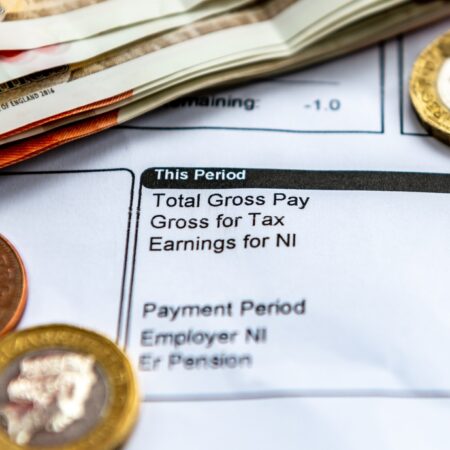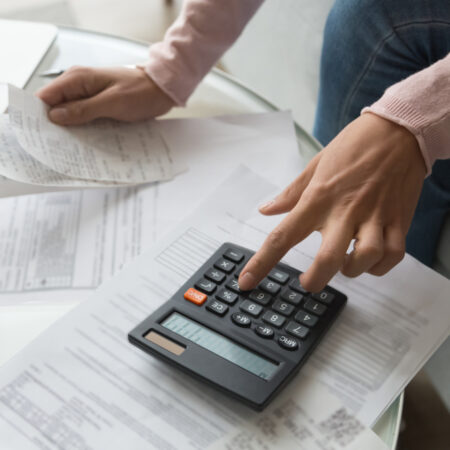Top tips on becoming self-employed
If you are one of the many people who dream of being their own boss, find out more on becoming self-employed by reading on.
Our friendly team at Harvey Telford and Bates Accountants have compiled the main questions we get asked by new clients considering going self-employed to help you get started.
If you are unsure if you need to be registered as self employed; the activities below will help you establish if you should register as self-employed:
- You manage your own business – you are fully responsible for the output, whether it is a success etc;
- Your work location, schedule and activity is decided by you;
- You provide the main equipment required for your job;
- You can hire staff to assist with your work should you require additional support;
- You may have multiple customers who you work for (and charge fees to); providing goods or services with the aim of making a profit.
The first question we typically hear regards when setting up as self-employed is ‘How do I trade?’
Typically people register as a sole trader; an individual who owns and is solely responsible for the business. There are other options available (limited company and partnerships), but this is the most frequent status in the UK.
Once it has been established how you wish to set up, you will need to take the official step of setting up – this will include registering your business with the appropriate bodies (e.g. HMRC, Construction Industry Scheme if applicable).
Our team can provide the necessary support to complete the applications, as well as guide you on your financial and legal responsibilities from an accounting point of view.
Registering with HMRC should be one of your first priorities (it legally needs to be done within the first 3 months of trading) – for sole traders you will require a National Insurance number and contact details for you and your business.
This is something that HTB Accountants can manage for you, liaising with HMRC on all matters for you to allow you to focus on your business.
As part of your business obligations, you will need to keep financial records – it is essential you start immediately and do this on a regular basis; it will also make paperwork such as self-assessment, VAT returns etc. and managing the financial elements of your business much easier in the long run.
You may wish to consider the services of a bookkeeper to help manage your records, or at least to initially ensure you know which records and information you need to keep and for how long.
The records you keep must include must include all outgoing expenses – important to note as we frequently get asked what expenses are deductible
Deductible expenses often apply on a case-by-case basis depending on your business, but it is essential that wherever possible that they are purchased using a separate business bank account.
Typically allowable expenses include:
- Office costs, e.g. stationery or phone bills;
- Travel costs, e.g. fuel, parking, train or bus fares;
- Clothing expenses, e.g. uniforms;
- Staff costs, e.g. salaries or subcontractor costs;
- Things you buy to sell on, e.g. stock or raw materials;
- Financial costs, e.g. insurance or bank charges;
- Costs of your business premises, e.g. heating, lighting, business rates;
- Advertising or marketing, e.g. website costs.
Finally, but rather importantly, our clients ask about our accountancy fees. As a small accountancy firm we rarely work on set fees. Fees are calculated on a time basis with the correct member of staff with relevant knowledge and experience allocated to the job, so it is clear what services will be provided and who by – our team are always on hand to help, and the initial consultation is free with no obligation.
If you would like to know more about becoming self-employed, and to find out how we can assist – contact Harvey Telford & Bates today for a meeting at our Shrewsbury office – 01743 462604 or email [email protected].


